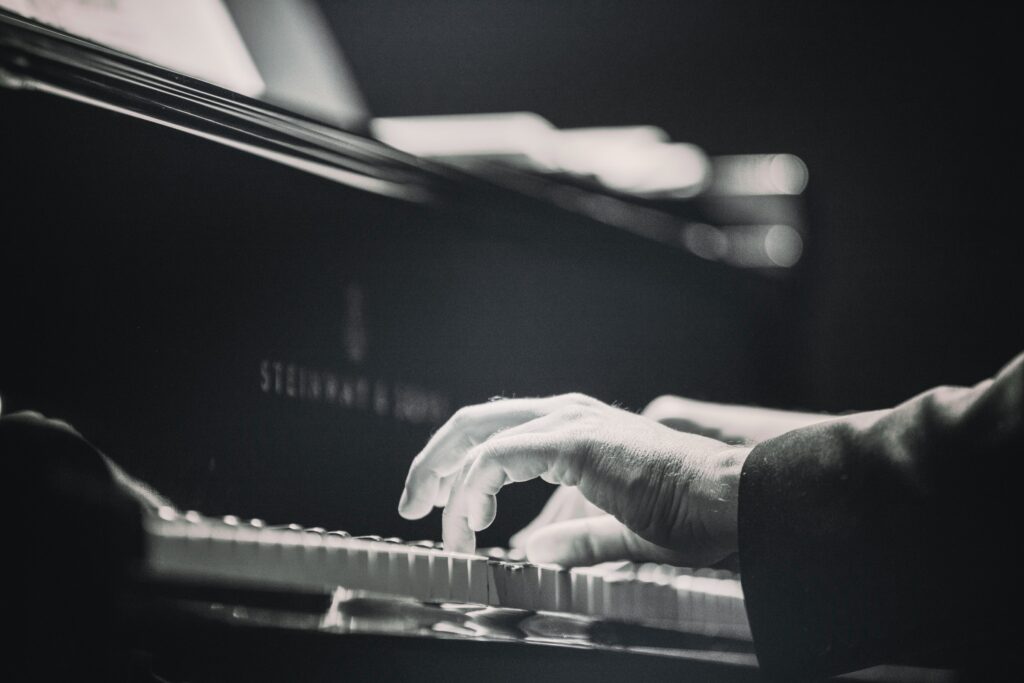
It’s quite oxymoronic to think of that which is absent has functionality. On a cursory examination this may seem contradictory. However this is rather true – of which we see this phenomena occurring often in nature. Many cavities within our body have function. The nasal sinuses help to humidify and warm the air we breathe in order to bring the air closer to our bodily conditions. The ventricles of our heart continually fill and empty with each pulse, pumping blood around the body.
THE UTILITY OF NON-EXISTENCE
Though thirty spokes may form the wheel, it is the hole within the hub which gives the wheel utility.
It is not the clay the potter throws, which gives the pot its usefulness, but the space within the shape, from which the pot is made.
Without a door, the room cannot be entered, and without windows it is dark.
Such is the utility of non-existence.
Tao te ching, Lao Tzu
(Note: I do not subscribe to any of the Taoist teachings in the work of this quote, however it provides rather interesting insight)
Another metaphor of the utility of absence is the rests contained within music. Having played drums in my high school jazz band, a common phrase that is said by my band leader when we are improvising in the solo sections is to “play the spaces”. I remember being so puzzled as to what he meant. Silence in music, previously a much unknown concept, took an animated sort of form for me. Miles Davis, the archetype of the art of jazz trumpet, once said: “Don’t play what is there, play what is not there”. Davis had also said that “Music is the framework around the silence”. Silence is just as important as how the notes are played. Silence provides contextual contrast, much like how the darkness of outer space provides a backdrop for the stars to twinkle in the night sky. Silence provides meaning in music, where without silence, there wouldn’t be much meaning at all – music would just be a blaring cacophony of noise that is neither uplifting nor pleasant to the ear. However as a corollary of silence, silence also makes music ephemeral. Notes, when played, fade into nothingness, blending in with the surrounding reverberations of the ambiance. In this way, not only does silence define music – giving breath, life, and meaning, but silence is also what makes music finite, confining music to the fabric of time and space.
As humans, we often take things for granted. I remember when I first visited Australia as a 10 year old, being extremely excited that I could drink water from the tap! Having been brought up in Malaysia, we had to boil our water every day. As a child I would often be frustrated when the water was too hot to drink as I would have to wait for it to cool down. However having spent a decade in Australia, the freshness of the water has become a commonplace occurrence, of which I do not give much thought. When I do go back to Malaysia to visit relatives, I feel a sense of inconvenience when we do need to boil water. It really is a blessing to be in Melbourne, where even something as simple as clean and fresh water is something to be thankful for. How easy it is to take for granted of that which is a privilege to have. What is tragic however, it is that when we are denied these privileges do we really comprehend how blessed we really are. As Melbourne still remains in COVID-19 lockdown, this time has helped me to contemplate how essential human connection is. The joy of seeing someone face to face rather than through a computer screen. We are social creatures, having been made this way in the image of God.
To draw back towards the analogy of music to humanity, it helps to provide an appreciation that we too are frail and ephemeral on this Earth. We are nothing other than nomads and wanderers of this earth, where the time that we have on this earth is very much finite. The material things that we believe we possess now we will not carry in death.
for we brought nothing into the world, and we cannot take anything out of the world.
1 Timothy 6:7 (ESV)
With our frailty alongside the brokenness of the world, suffering in this life is inevitable. However, there is also beauty in brokenness, however it is a beauty that is ephemeral and fading away. In sorrow do we understand and appreciate what joy is, much like how in the darkness can we only see the twinkling light of the stars. We must treasure the moments that we do have and make the most of the few days we have on this earth. To end, here’s an excerpt found in Ecclesiastes 3 which I find particularly insightful.
——————–
A Time for Everything
3 For everything there is a season, and a time for every matter under heaven:
2 a time to be born, and a time to die;
a time to plant, and a time to pluck up what is planted;
3 a time to kill, and a time to heal;
a time to break down, and a time to build up;
4 a time to weep, and a time to laugh;
a time to mourn, and a time to dance;
5 a time to cast away stones, and a time to gather stones together;
a time to embrace, and a time to refrain from embracing;
6 a time to seek, and a time to lose;
a time to keep, and a time to cast away;
7 a time to tear, and a time to sew;
a time to keep silence, and a time to speak;
8 a time to love, and a time to hate;
a time for war, and a time for peace.
The God Given Task
9 What gain has the worker from his toil? 10 I have seen the business that God has given to the children of man to be busy with. 11 He has made everything beautiful in its time. Also, he has put eternity into man’s heart, yet so that he cannot find out what God has done from the beginning to the end. 12 I perceived that there is nothing better for them than to be joyful and to do good as long as they live; 13 also that everyone should eat and drink and take pleasure in all his toil—this is God’s gift to man.
– Ecclesiastes 3:1-13 (ESV)

Leave a Reply